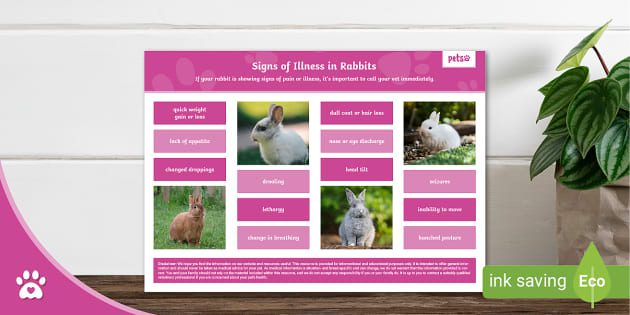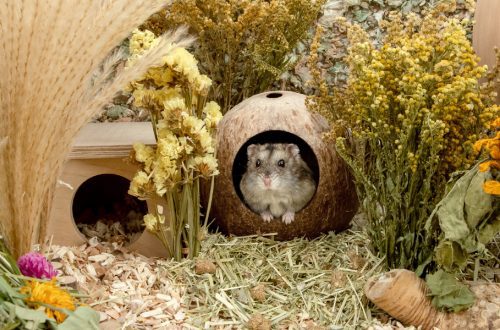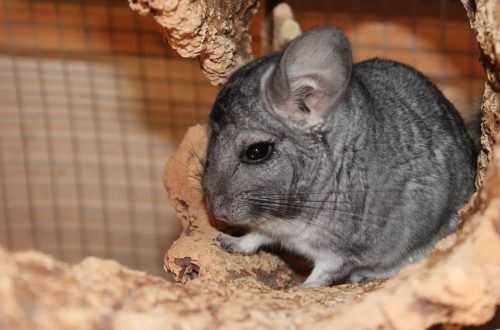
Signs of illness in decorative rabbits
Unfortunately, our little friends cannot tell us about their bad health. However, an attentive owner will be able to detect malaise in a timely manner by a number of signs and take appropriate measures until the pet gets sick. What are these signs?
Chair disorder. Normally, rabbit feces are formed, dark in color. Any violations (small, dry, liquid, rare litter or its absence) should alert the pet owner
Flatulence
Changes in the consistency and color of urine. Normal rabbit urine is thick and rather dark. Due to the wrong diet, the color of the urine changes. In particular, due to an overabundance of the diet of beets, urine becomes red-purple in color.
Sudden rise or fall in temperature. The normal body temperature of rabbits (measured rectally) is between 38,5 and 39,5°C.
Abrupt changes in behavior. In particular, lethargy, increased drowsiness, apathy, or, conversely, agitation and anxiety
Uncoordinated movements
Severe decrease or complete lack of appetite
Refusal of water or, conversely, intense thirst
Sneezing, coughing, labored, slow or rapid breathing.
Copious discharge from the eyes, nose, and ears
Loss of mobility in any part of the body
Slow growth and development of a young rabbit
Coat deterioration: disheveled, dull, falling out, as well as bald patches
Rash, redness, sores and lumps on the skin
Growths on the skin and changes in its structure
Itching
Difficulty with food
Increased salivation
Sharp fluctuations in weight
Bloating
Convulsions.
Remember that a pet can get sick even if the conditions for proper maintenance are observed. Unfortunately, the occurrence of diseases is unpredictable and it is very important to notice their first manifestations in a timely manner in order to prevent the problem as soon as possible.
As you know, the disease is easier to prevent than to treat, and therefore be careful and do not forget about the preventive checks of your pet at the veterinarian.





